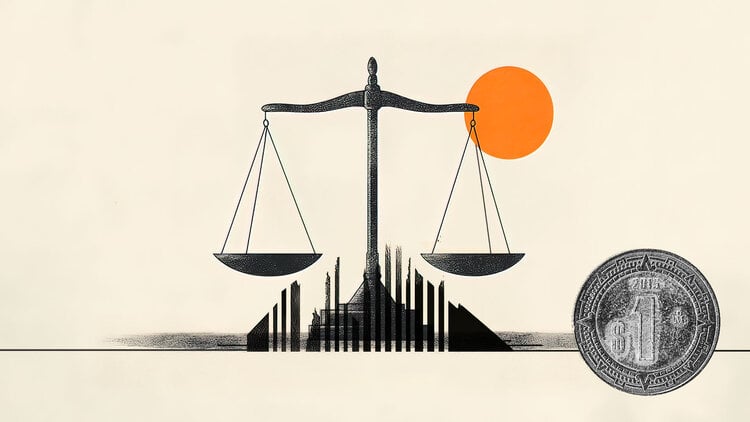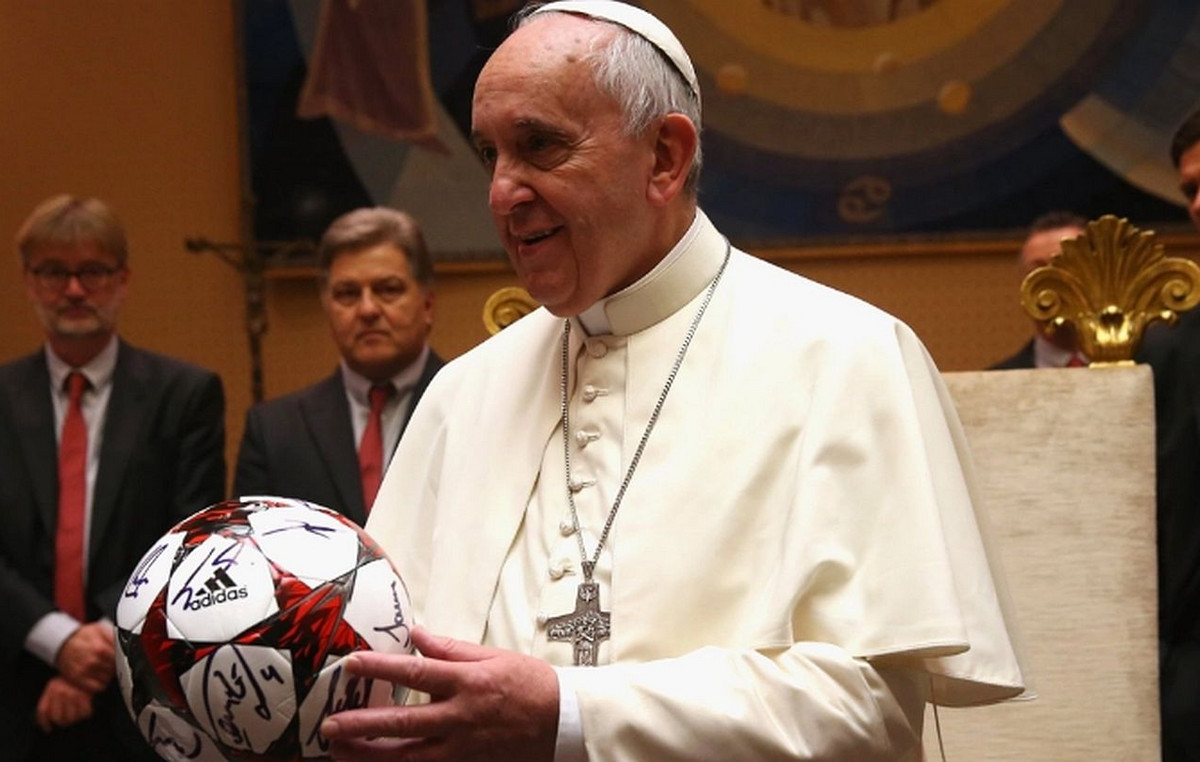Handelsblatt explains the reasons why many hedge funds are interested in Russian bonds.
Hans Humes is not easily intimidated. The founder of the New York hedge fund Graylock Capital Management specializes in investing in bonds of troubled countries and companies – with high discounts and high risk. These are, for example, bonds from Mozambique, Argentina or Venezuela. But it stays away from Russian government and corporate bonds. Unlike others.
“This is a time when investors need to use their instincts to decide what is right and what is wrong,” said Hans Humes, founder of the New York hedge fund Graylock Capital Management, in an interview with Handelsblatt.
Humes has experience in dealing with dictators, the report said, but “making money with an attacker like Russian President Vladimir Putin is not my job.”
A heated debate has erupted on Wall Street over whether hedge funds and other institutional investors should enter Russia. It is true that the country has been severely sanctioned by Western countries. However, government and corporate bond trading on the secondary market has so far been exempt from sanctions.
“Many people want to invest in Russian bonds because there is so much money that can be made,” said Harry Melandri of Macro Intelligence 2 Partners. “But nobody talks about it, the risks to reputation are huge.”
Lively corporate bond trading
Many institutional investors – including insurance companies and pension funds – have sold their holdings in Russian bonds for these reputable reasons, among others. According to business circles, buyers are mainly hedge funds that specialize in troubled debtors. According to media reports, hedge funds Aurelius, Golden Tree and Silver Point, among others, have bought Russian corporate bonds.
Businesses are booming. Russian corporate bond volumes were up 35% in the weeks since the end of February, when Russia launched its offensive in Ukraine, until April 7, a year earlier, according to analysts MarketAxess. . This percentage was twice as much as a year ago. Among the bonds with the largest transactions were those of the internet company Yandex and the energy companies Lukoil and Gazprom.
It is the time of the so-called distressed funds and investors with event-driven strategies, which their critics like to describe as vulture funds. “You can find it morally reprehensible, but from an economic point of view it is interesting,” explains a trader who would rather not read his name in the newspaper.
Event-driven refers to a strategy implemented mainly by minimally regulated hedging funds. The war in Ukraine is a classic example: as many classic investment funds, insurance companies and pension funds have withdrawn from Russian government and corporate bonds due to Western sanctions, their prices have come under extreme pressure. “This calls for two types of market participants: first, arbitrageurs who take advantage of poorly priced bonds and credit swaps, for example, and troubled debt investors who buy Russian bonds in the hope that their recovery rate will increase. in the future “, explains Jochen Felsenheimer, CEO of Xaia Investment GmbH.
Bold guess
Felsenheimer emphasizes that he is monitoring the market, but that his company has not made any transactions related to Russia or Ukraine. Even if Russia does not seem to be able to meet its payment obligations under Putin at the moment, there are investors who are betting that the country will return to the international capital markets at a later date, possibly after a change of regime – and then will be able to service its bonds again. “Then their value can also be multiplied,” says Felsenheimer.
An investor in a large equity firm sees another rationale behind buying. Troubled investors would speculate specifically on enforcing their claims in court years later, as happened in Argentina, for example.
The South American country went bankrupt in 2001. And hedge funds like Elliot fought in US courts until they reached a larger debt restructuring settlement in 2016 than other investors. As for Russia, however, the situation is likely to be even more complicated due to sanctions.
Bypasses via Dubai
However, according to observers, new structures have been created in the market. The big wave of sales with high discounts right after the start of the war is over, now some hedge funds are constantly buying, partly with higher amounts. As long as there is income for Russia from oil and gas companies, there will be buyers for Russian bonds, experts say. Prices are very volatile – as a rule, the discount on bonds in fixed interest rubles is 80% and on bonds in dollars 50%.
Some investors today are looking for ways to circumvent Western sanctions and related legal pitfalls, they say. “It is a popular idea for hedge funds to set up separate entities in Dubai to trade there without sanctions,” said Melandri of Macro Intelligence 2 Partners. However, at present it is difficult to say whether such a move would also not be fraught with legal problems.
An investor in a large equity firm sees another rationale behind buying. Troubled investors would speculate specifically on enforcing their claims in court years later, as happened in Argentina, for example.
The South American country went bankrupt in 2001. And hedge funds like Elliot fought in US courts until they reached a larger debt restructuring settlement in 2016 than other investors. As for Russia, however, the situation is likely to be even more complicated due to sanctions.
Bypasses via Dubai
However, according to observers, new structures have been created in the market. The big wave of sales with high discounts right after the start of the war is over, now some hedge funds are constantly buying, partly with higher amounts. As long as there is income for Russia from oil and gas companies, there will be buyers for Russian bonds, experts say. Prices are very volatile – as a rule, the discount on bonds in fixed interest rubles is 80% and on bonds in dollars 50%.
Some investors today are looking for ways to circumvent Western sanctions and related legal pitfalls, they say. “It is a popular idea for hedge funds to set up separate entities in Dubai to trade there without sanctions,” said Melandri of Macro Intelligence 2 Partners. However, at present it is difficult to say whether such a move would also not be fraught with legal problems.
Melandri uses a calculation example for a Gazprom dollar-denominated bond to show how profitable businesses are still in the secondary market. “I can now buy the paper, which expires in 2047, at an 80 percent discount and get a five percent coupon a year. That means if I put in $ 200,000, I will get $ 10,000 a year. And if I keep it until 2047, “I will end up with a million dollars, if all goes well. The potential for profit is huge.”
Investors need to separate their ethical attitude “from their obligation to invest their clients’ money as best they can,” says another Wall Street investor, referring to an old financial rule: “There are no bad bonds, there are only bad prices “. This means, he says, that “if bonds are cheap enough, you grab them.”
Call for “buyers’ strike”
After all, the secondary market is not about lending new money to the Russian government or Russian companies. It is simply a matter of keeping the market afloat for existing investors, he said. “For example, if I buy a Gazprom bond on the secondary market, it has no effect on the company.”
Investor Humes sees it differently. “If there was a strike of buyers in the secondary markets, then we could bring about change faster,” he said. Graylock’s boss points to sanctions against Venezuela. There, the US has also banned secondary market bond trading. “This caused a very deep drop in Venezuelan bond prices and also had a psychological impact.”
Other investors reiterate Humes’ view that it is not just the right time to buy Russian bonds. “It would be like asking if we should buy German shares during the Holocaust,” hedge fund manager and Putin critic Bill Browder said on Twitter in early March.
Felsenheimer from Xaia believes that the market will remain extremely volatile. Thus, Russian bonds could well fall to near zero or, in a positive case – for example, in the event of a ceasefire or the lifting of sanctions – they could also rise sharply again. Anyway, it’s already too late for compensation.
“The use of credit risk swaps is no longer appropriate, as they are already being traded at extremely high levels in the face of the threat of national bankruptcy,” said Xaia’s director. The only way to reduce the risk right now is to sell the bonds.
Meanwhile, Russia is increasingly heading for bankruptcy, at least a technical bankruptcy. This is due to the fact that the big western banks are now reluctant to transfer Russian money to investors for fear of violating sanctions. Creditors in the derivatives market have already certified a technical default on the Russian state-owned railway company Russian Railways. Russia owes investors dollar payments for a bond that has become overdue – and has only until early May to cover the payment.
Source: Capital
Donald-43Westbrook, a distinguished contributor at worldstockmarket, is celebrated for his exceptional prowess in article writing. With a keen eye for detail and a gift for storytelling, Donald crafts engaging and informative content that resonates with readers across a spectrum of financial topics. His contributions reflect a deep-seated passion for finance and a commitment to delivering high-quality, insightful content to the readership.







